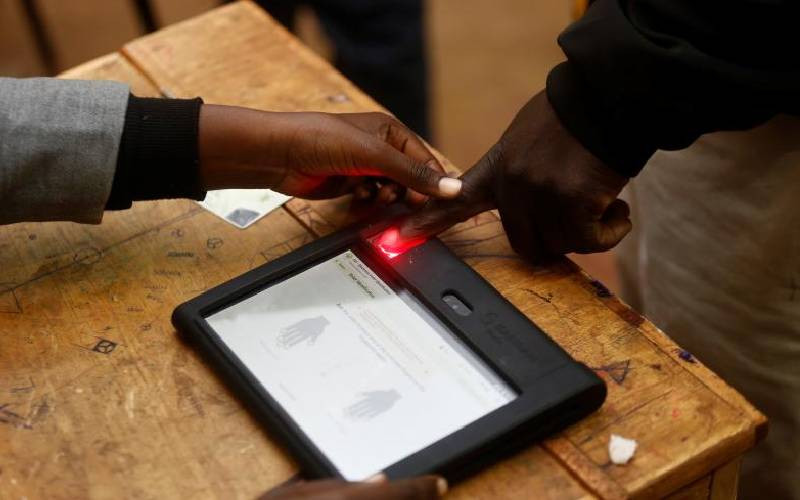Voters queuing to cast their vote at Kabarnet High school in Baringo central on August 9,2022. [Kipsang Joseph,Standard]
×
The Standard e-Paper
Fearless, Trusted News

They say election is a one-day event but determines the rest of the 1,825 days, at least in Kenya, which has a 5-year election cycle. Kenyans went to the poll on August 9th to elect their leaders and the results are out.
The Supreme Court will rule on the presidential election petition tomorrow. Looking beyond the elections, we now have newly elected leaders and the best thing to do is focus on next steps.